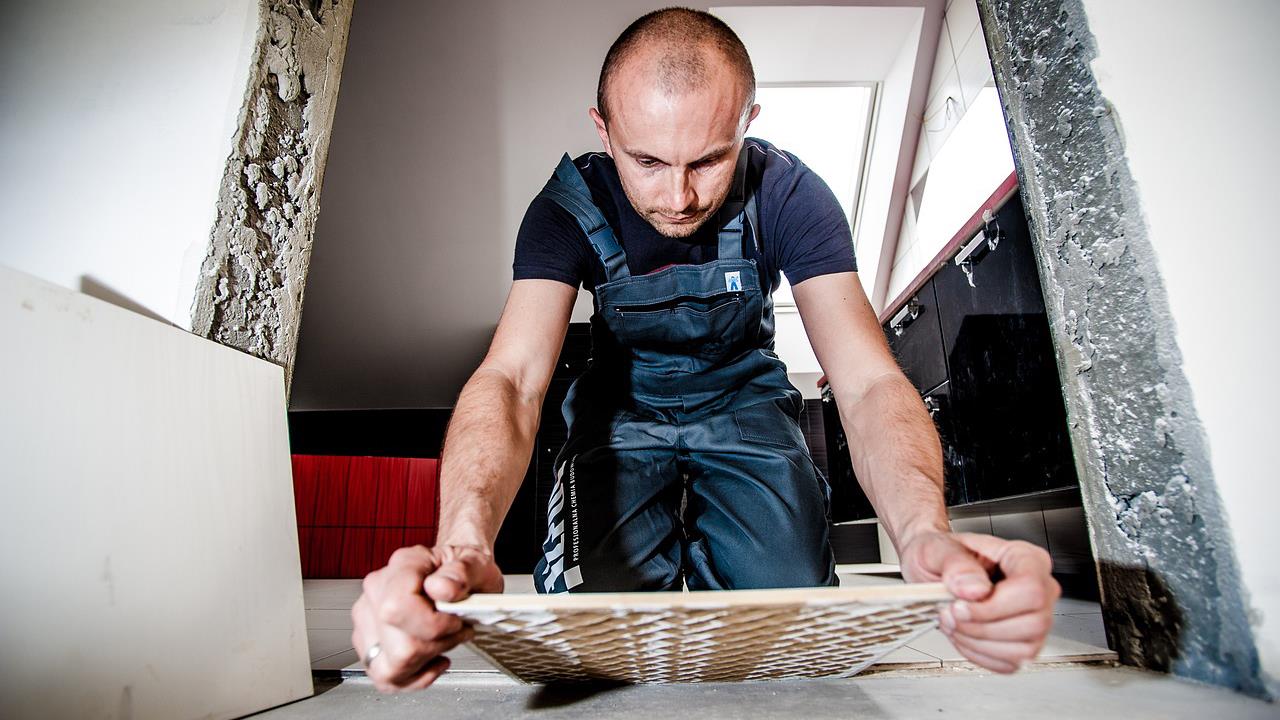

‘Jack of all trades’ is a common phase used to describe a tradesperson who has dabbled in a wide range of disciplines without gaining any specialist skills or expertise. However, it can conjure negative connotations, for example, a rogue trader who will promise the world and never deliver, leaving customers worse off and out of pocket.
We all know that negative stereotypes like this are unhelpful to the progress of our industry, but I have to say I disagree entirely with the idea that having a broad range of skills and knowledge is a bad thing for business. I’d go so far as saying that learning new skills to compliment core business activities and increase working capacity is essential to the future success of the plumbing and heating industry.
Skill up for success
Being a plumbing and heating engineer is about more than the technicalities of fitting a heating system. To get the best out of your business, you need to have great communication and customer service skills, work well with others and be meticulous and thorough with your processes.
What’s also key is that you have a good knowledge of building and construction techniques, because most of the work you do will involve disrupting floorboards, drilling through walls, and/or damaging plasterwork – basically making a big mess!
It doesn’t take much extra effort to achieve a high quality finish for your customers, especially if you bring skills in house. Offering a complete finishing service alongside your skilled trade will set you out from competitors, with customers attracted to the ease of service where everything – from pipework and plumbing to tiling and painting – is undertaken by one multi-skilled tradesperson.
What skills do you need?
Training in a broad range of practical building and construction skills develops a greater understanding of the works required to finish a job to a high standard, leading to greater customer satisfaction and more word-of-mouth recommendations.
Useful practical skills include:
Knowledge and understanding of the following issues will help tradespeople to provide a more rounded and expert service to customers:
These skills are particularly important for newly qualified plumbing and heating engineers who are just starting out in their careers. For small business owners looking to expand by taking on a trainee or apprentice, training in this area can help to bring them up to speed on common tasks and company ethos.
Importance of word-of-mouth
People working in the trades know the value of customer recommendations, and rightly so; word-of-mouth referrals have kept the trades in business for as long as anyone can remember. It’s natural for end consumers to want to share their stories, good and bad! If you do a job well, it’s amazing how quickly you can pick up more work in the same street or location.
But in this digital age, customers are no longer simply chatting to their neighbours over the garden fence – the internet provides a perfect outlet to say their piece. Word-of-mouth is an extremely effective method of getting new work and you need to make sure customers are saying nice things about you online as well as face-to-face.
Build a positive reputation
The importance of leaving ‘site’ – aka your customer’s home – tidy and well finished should not be underestimated. A lot of the work you do will probably remain unseen, hidden behind walls or in cupboards. Of course, pipework needs to be neat and tidy and a decent heating engineer will always take pride in a new installation, but attention also needs to be paid to the finishing touches that the customer will see every day, such as replacing panelling, floorboards, or carpets, and matching up paintwork.
Do this right and you can ask for reviews and recommendations with confidence, attract new customers and build a positive reputation for your business online.
Being multi-skilled is the future
So, don’t be put of by the idea that a ‘jack of all trades’ is a master of none. As the heating industry evolves, being adaptable, dynamic, and multi-skilled will set skilled trades businesses in good stead to continuously improve and thrive. Training in complimentary skills that enable you to finish jobs off to a high standard will always go down well with customers who take pride in their homes and will be more likely to shout about their experience, in person and online.
If you'd like to keep up-to-date with the latest developments in the heating and plumbing industry, why not subscribe to our weekly newsletters? Just click the button below and you can ensure all the latest industry news and new product information lands in your inbox every week.